When friends speak, you should listen — and you would be hard pressed to find a better friend of this country in the London diplomatic corps than Alexander Downer. The 66-year-old, who has just finished a four-year stint as the Australian High Commissioner, is an Anglophile by instinct and upbringing. He spent much of his childhood here because his father was appointed to the job in 1964.
When Downer’s father left in 1972, he worried about this country joining the European Economic Community and what that would mean for relations with Australia and other Commonwealth countries. So there is a neat symmetry in his son being High Commissioner when Britain decided to reverse that decision. But Downer is not particularly ideological about Brexit. In 2016 he dutifully joined in the chorus of diplomatic panjandrums urging Britain to vote Remain. But since then, he has been quick to talk about the opportunities it presents.
On its own, he says Brexit won’t be transformative: ‘Your fate when you leave the EU will depend much more on the domestic policies you pursue than the fact you’re not in the EU. You will do well if you open your markets and you embrace free trade; there was never a country that embraced free trade that was poor as a result.’
Free-trade will also mean leaving the customs union: ‘If you stay in the single market and the customs union, you have left the decision-making part of the EU but you remain in the rest of it… I can tell you what, you wouldn’t persuade the average Aussie to contract out decision making to ASEAN [Association of South East Asian Nations], they’d just change the government if the government tried to do that!’ Some Tory MPs might think the same is true in Britain.
Downer argues that the more attention the customs union gets, the more voters will reject it: ‘The more the public understands that remaining in the customs union means that other people make all of your trade policy for you, they would regard that as completely unacceptable. I don’t think they necessarily know the details of what all these terms mean, because they’ve got other things on their minds; you can’t blame them for that. But I think if you were a really effective politician, you could make a very strong point on this.’
You might think: Downer would say that, wouldn’t he? After all, if Britain stays in the customs union there is no chance of that UK-Australia trade agreement. But he is surely right that it would be absurd for the sixth largest economy in the world not to have control over its trade policy.
On a UK-Australia free trade deal, Downer is keen to offer reassurance, emphasising it is nothing to be afraid of. He stresses that Australia doesn’t want ‘radical change to regulations’ and that farmers shouldn’t fear the market being flooded with cheap beef and lamb, as Australia ‘doesn’t have much interest in the British market’. Rather, its sights are focused on Asia, where ‘there is a massive rise of the middle class. Honestly, we cannot produce enough meat at the moment to meet the market demand in Asia.’
Whether the agricultural lobby is reassured by this answer remains to be seen. But when Downer talks about the Australia-US free-trade deal, you can see why Canberra is so keen on one with Britain. Downer points out that in the 13 years since the deal was signed, trade between the two countries has increased by 50 per cent and investment is up 130 per cent. Interestingly, Downer adds that he would like a UK-Australia trade deal to be accompanied by the kind of immigration accord Australia and the US have, which allows professionals to work in each other’s country for two years, with the option to renew indefinitely.
If Brexit was the greatest political shock of Downer’s time in London, the second was Jeremy Corbyn’s Labour party winning 40 per cent of the vote last June. But Downer doesn’t think that Corbyn will ever become PM.
‘People, I think, will start to worry about the policy and professionalism,’ he says. ‘When you’ve left the EU, you’ll be on your own in terms of policies — you won’t have Brussels making policies for you any more. So, the quality of your policies would be very important.’
But Downer reckons that ‘It’s the hint of anti-westernism that comes from Corbyn which I think is electorally really dangerous.’ He thinks the public’s reaction to Corbyn’s response to the Salisbury attack backs this up. He is, though, deeply worried about the possibility of a Corbyn premiership and what it would mean for the world: ‘Britain is the second greatest western power, and for Great Britain to become, or the government of Great Britain to become, a trenchant critic of western foreign policy and the western alliance… People would feel very uncomfortable about that. People in Australia would be very surprised and disheartened if that were to happen, and that wouldn’t be just people who support the Liberal party, there would be a lot of people in the Australian Labour party as well.’
Perhaps Downer’s most important advice is that the Brexit debate has ‘laid a little more bare the division between the liberal elite and the mainstream of British society’. The ‘great challenge’ will be to reconnect them once this is over. If the two sides were looking for a marriage counsellor, they could do worse than this softly spoken Australian.
Got something to add? Join the discussion and comment below.
Get 10 issues for just $10
Subscribe to The Spectator Australia today for the next 10 magazine issues, plus full online access, for just $10.
You might disagree with half of it, but you’ll enjoy reading all of it. Try your first month for free, then just $2 a week for the remainder of your first year.


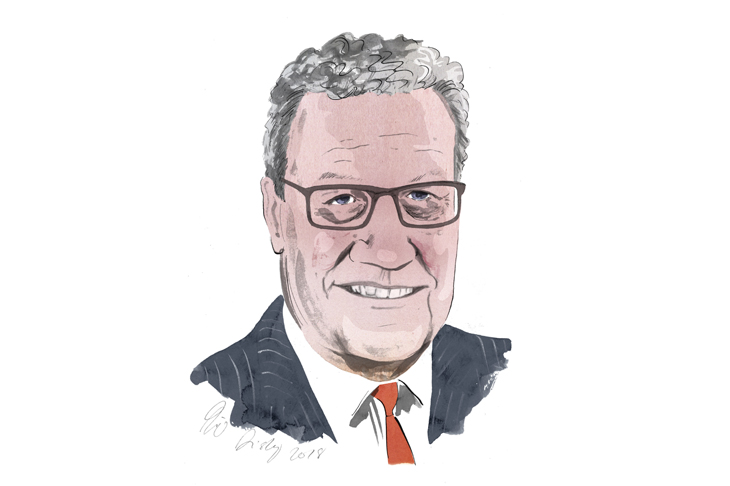
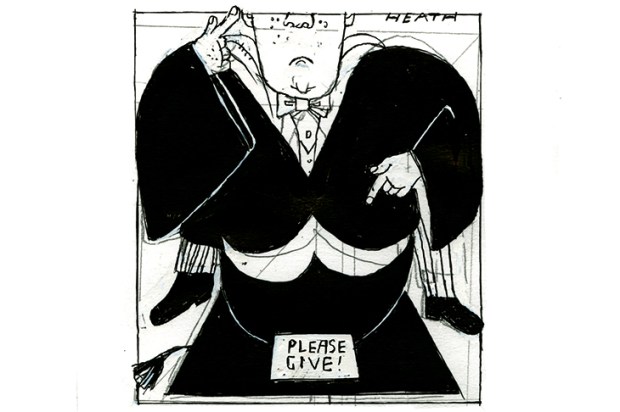
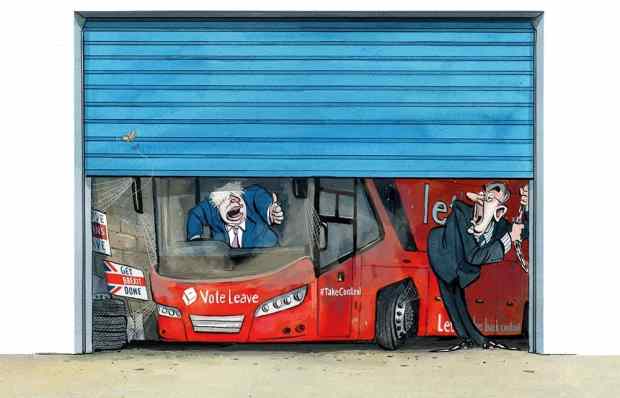
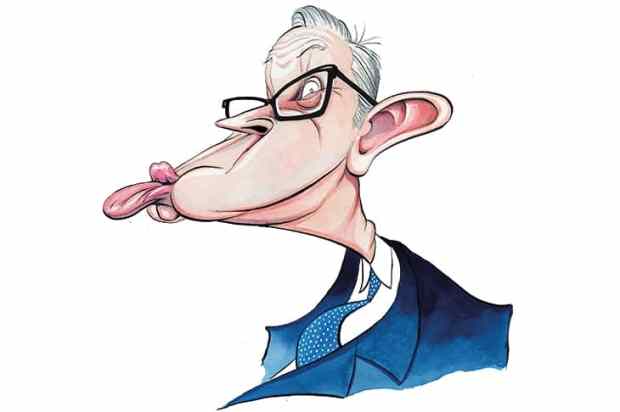
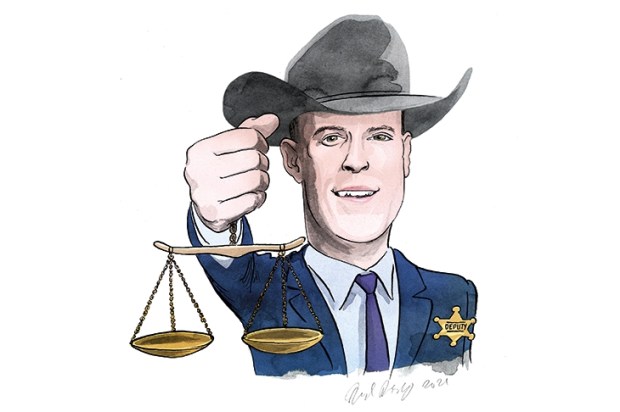

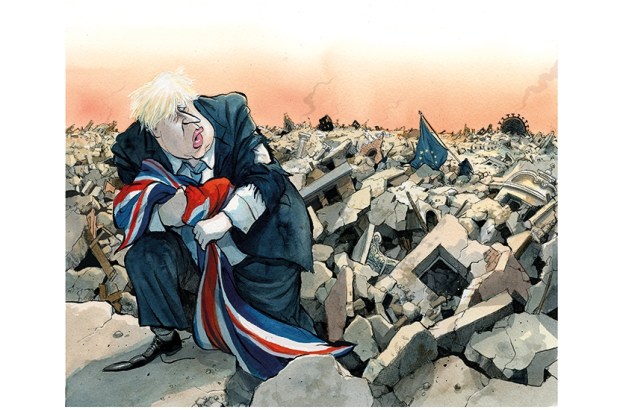






Comments
Don't miss out
Join the conversation with other Spectator Australia readers. Subscribe to leave a comment.
SUBSCRIBEAlready a subscriber? Log in